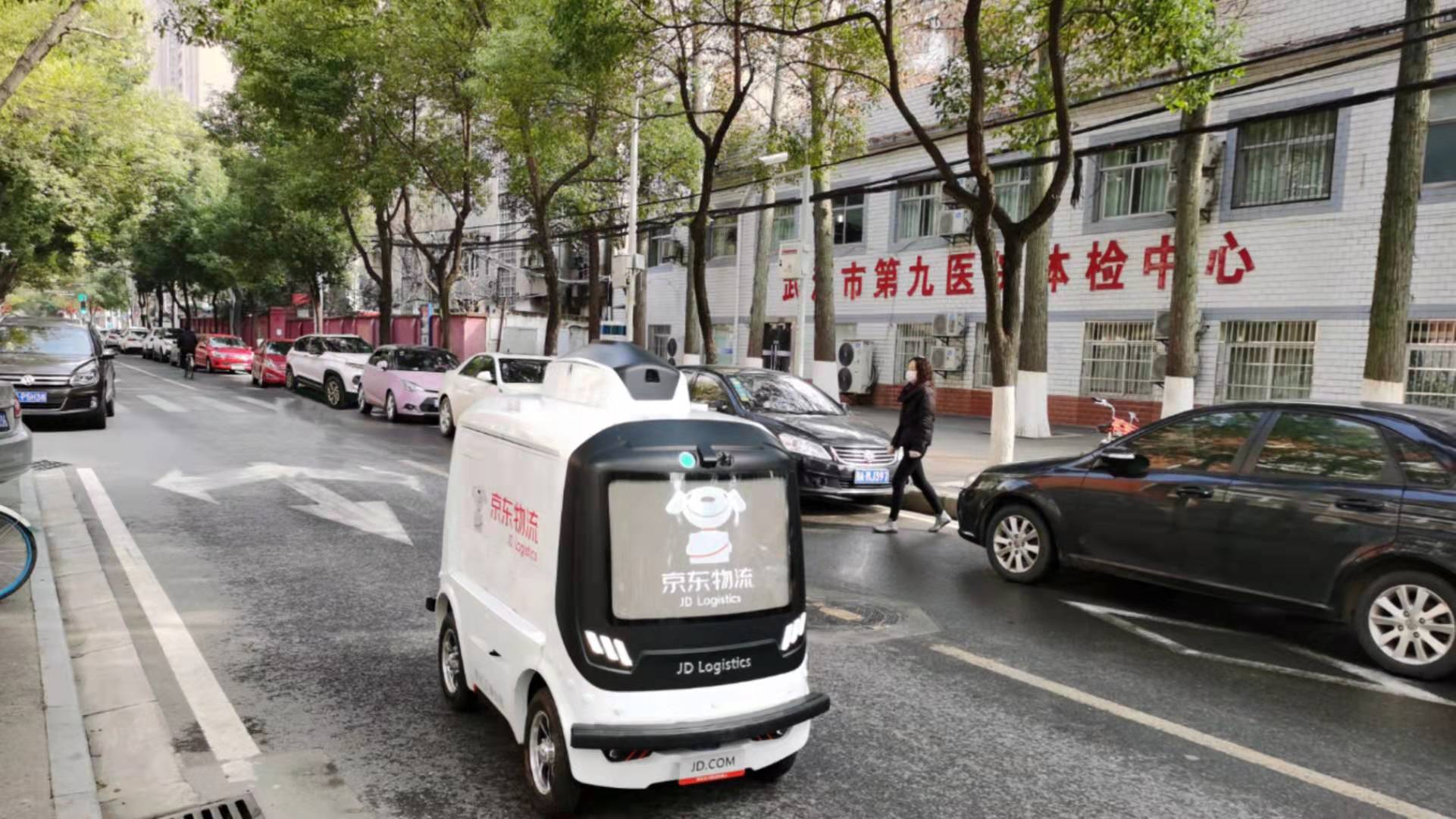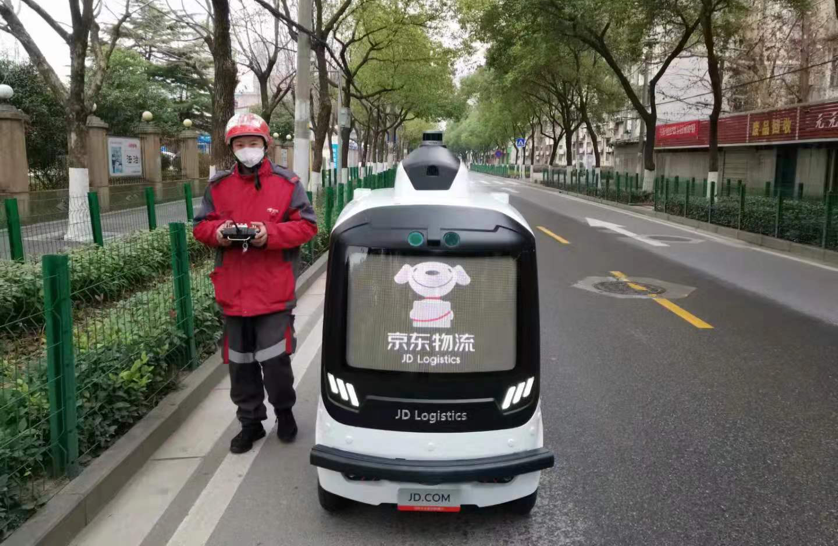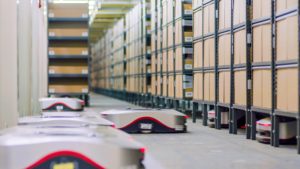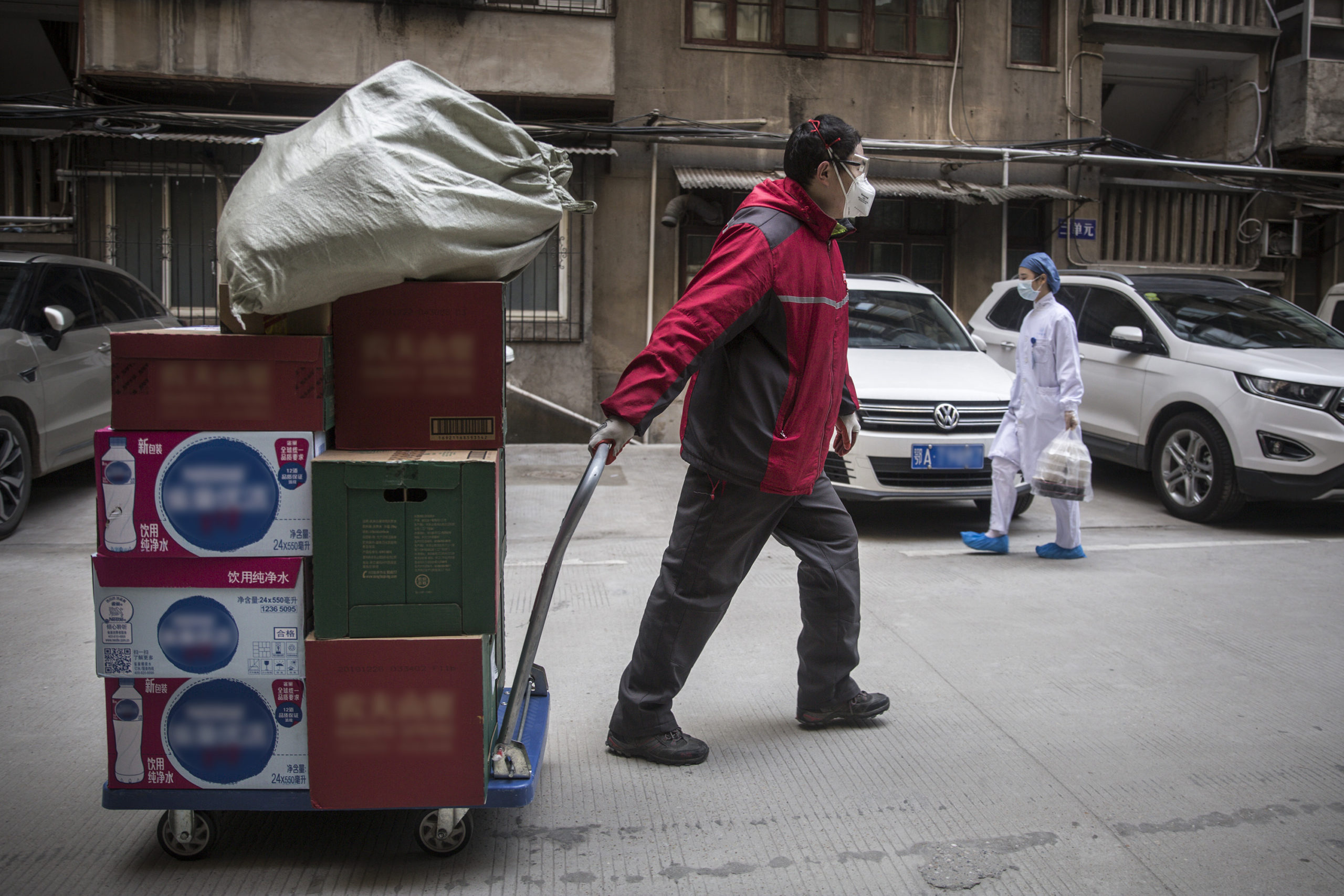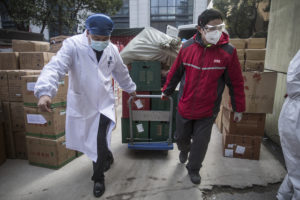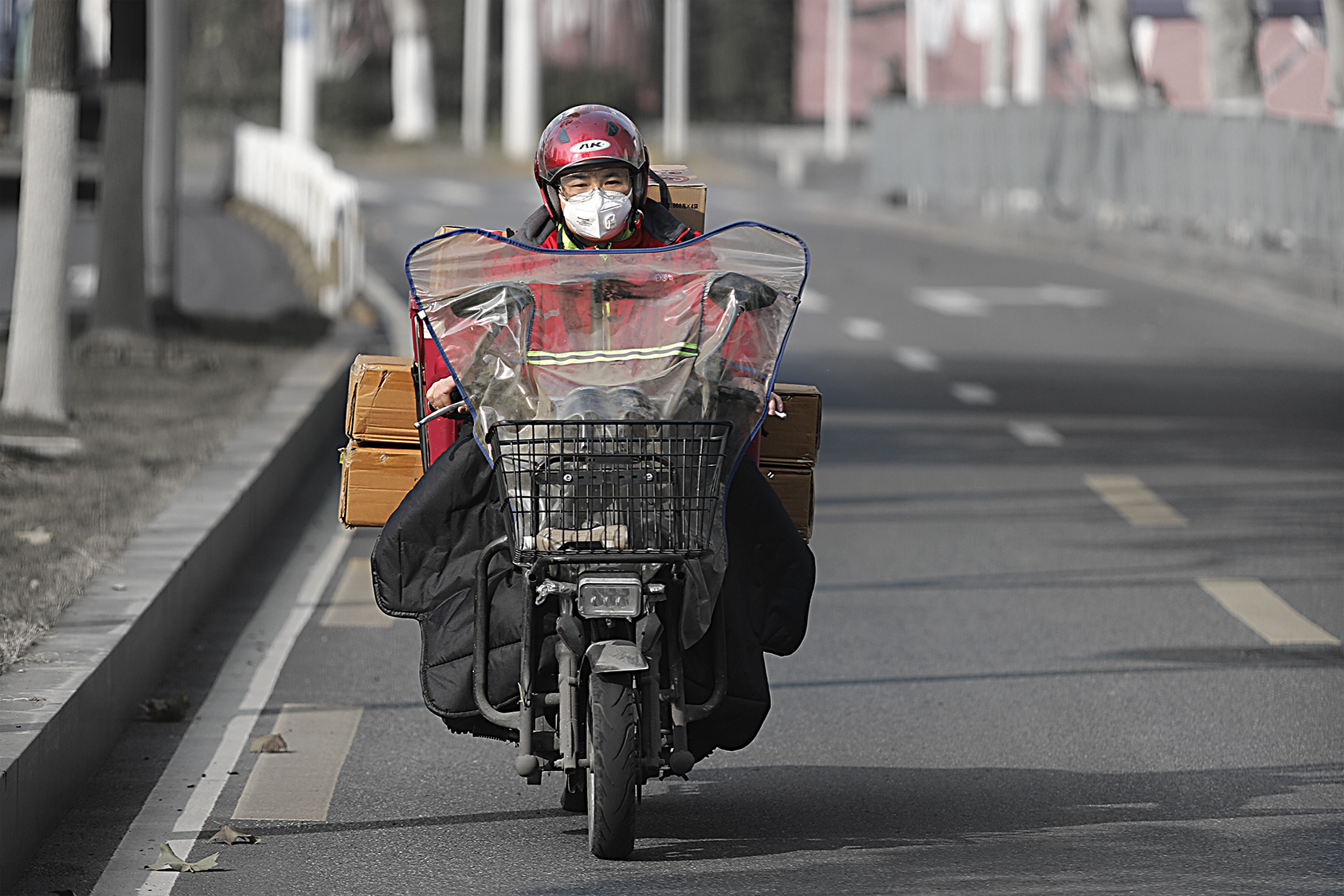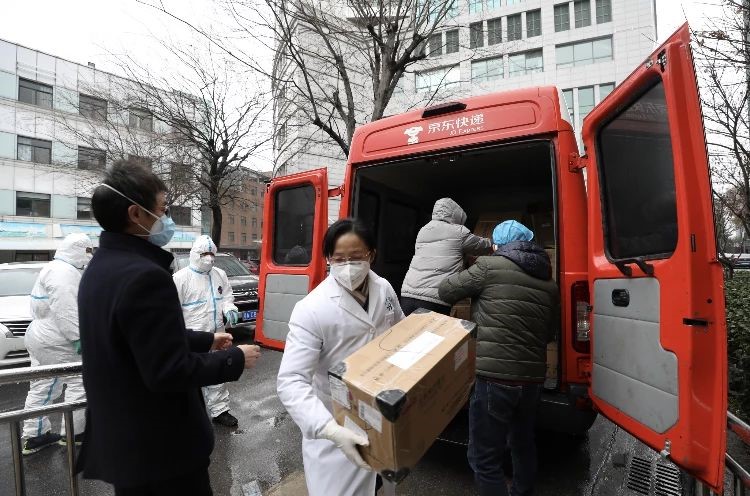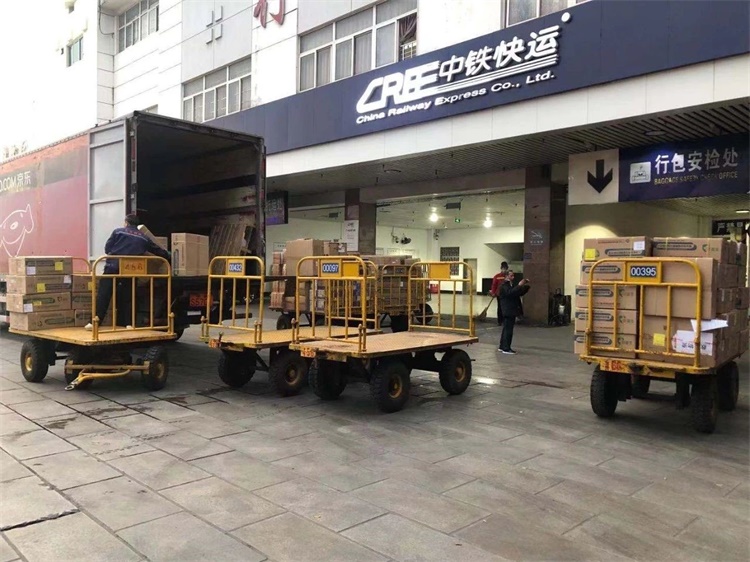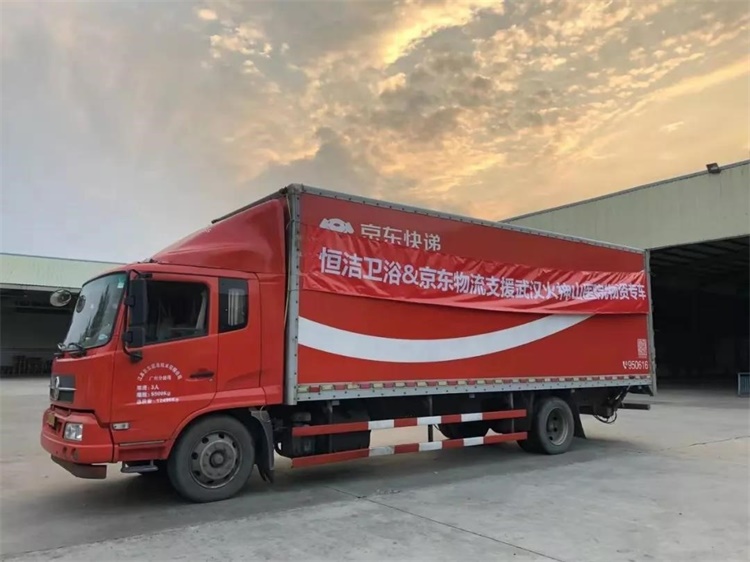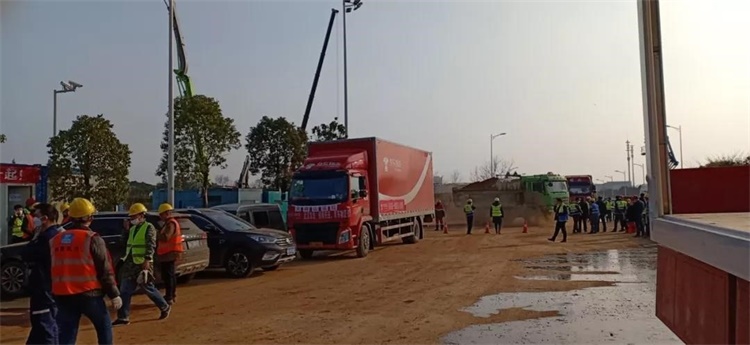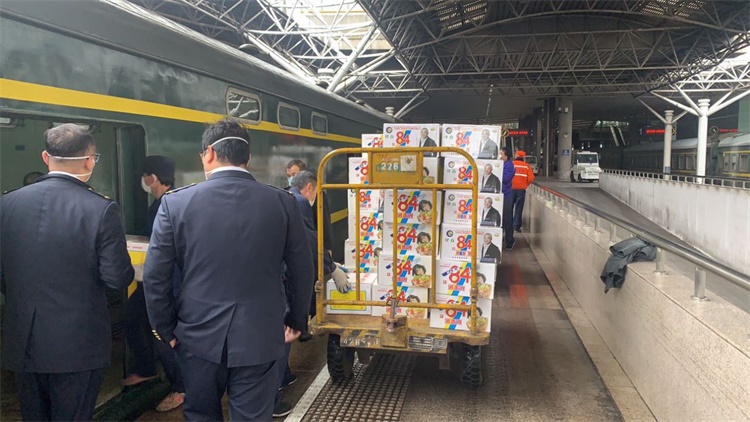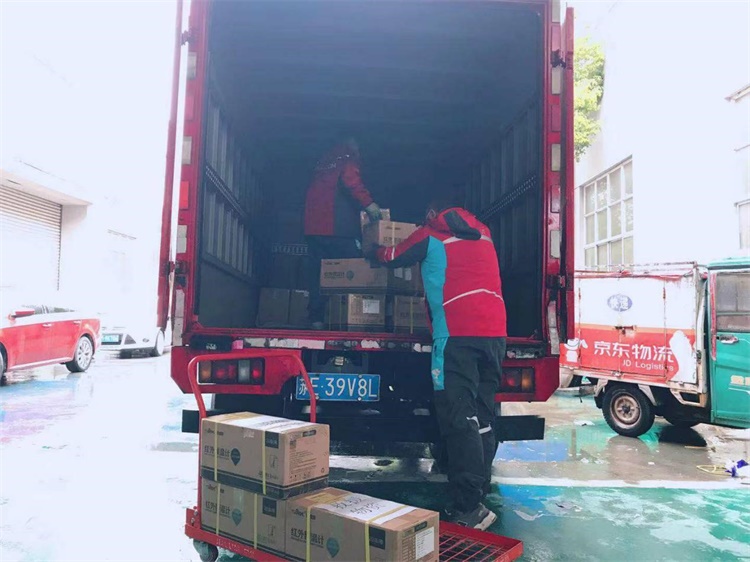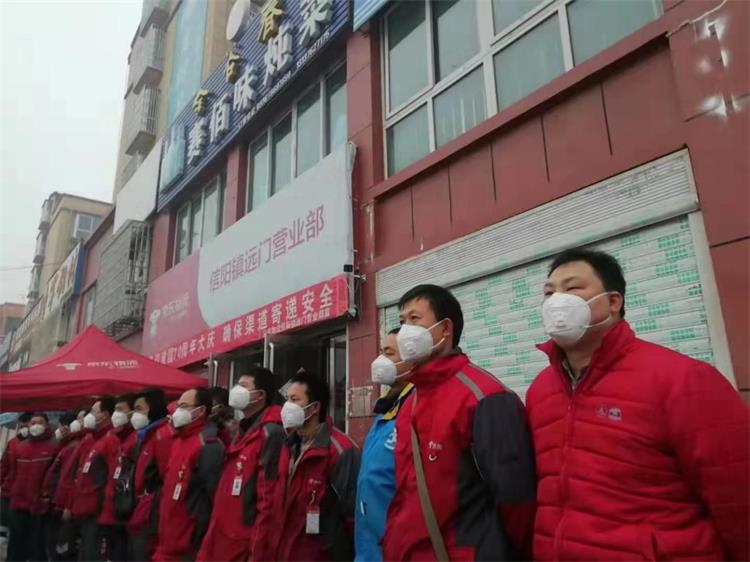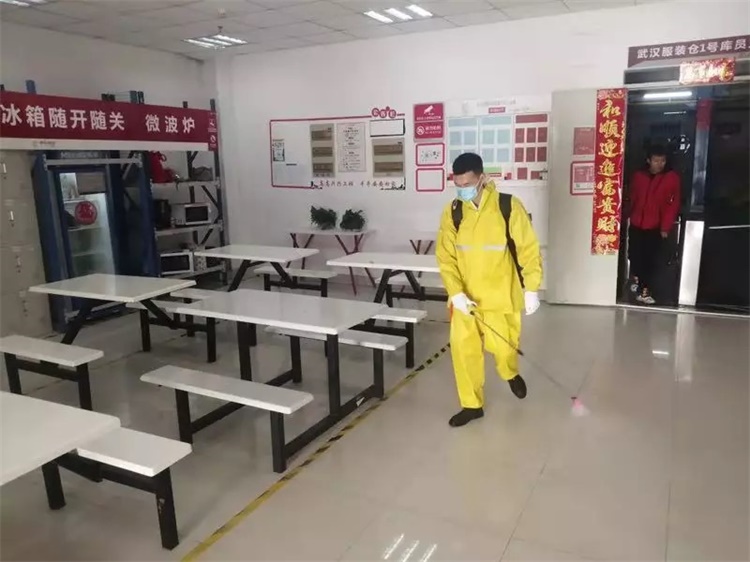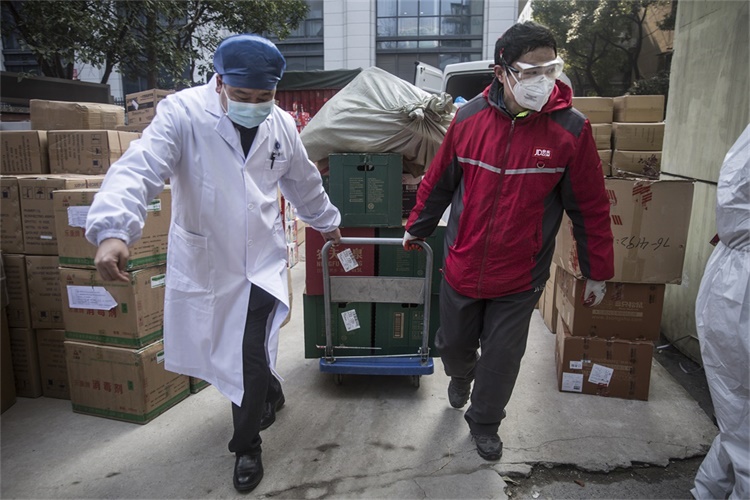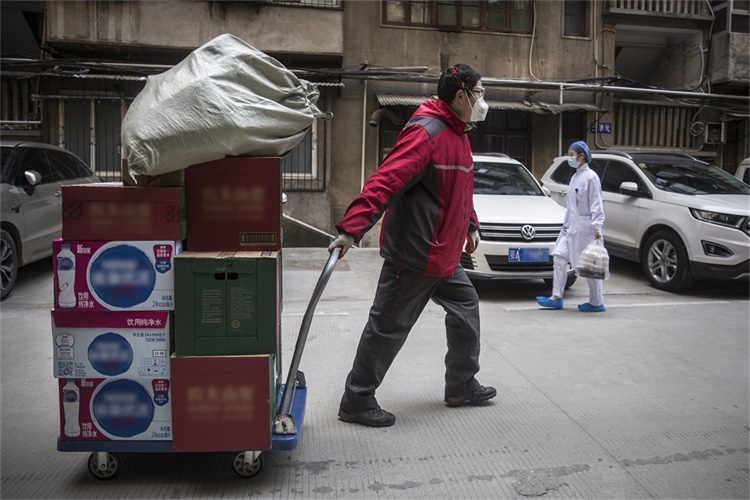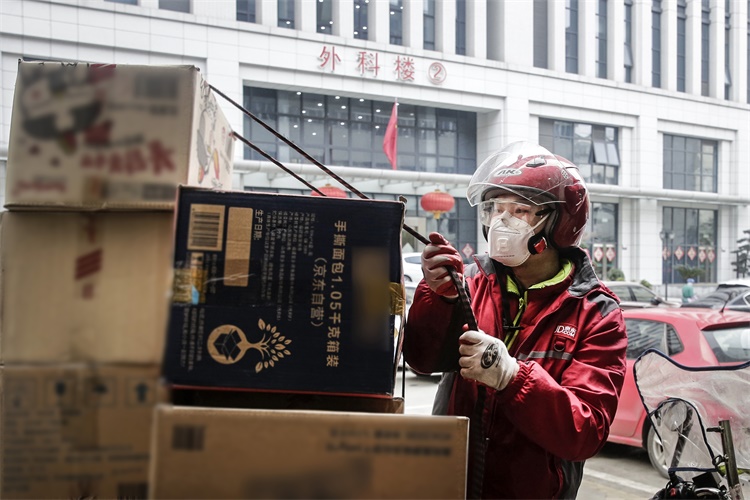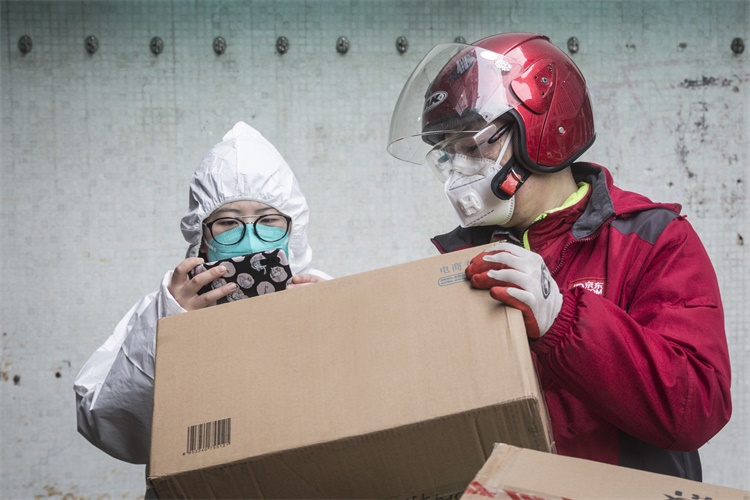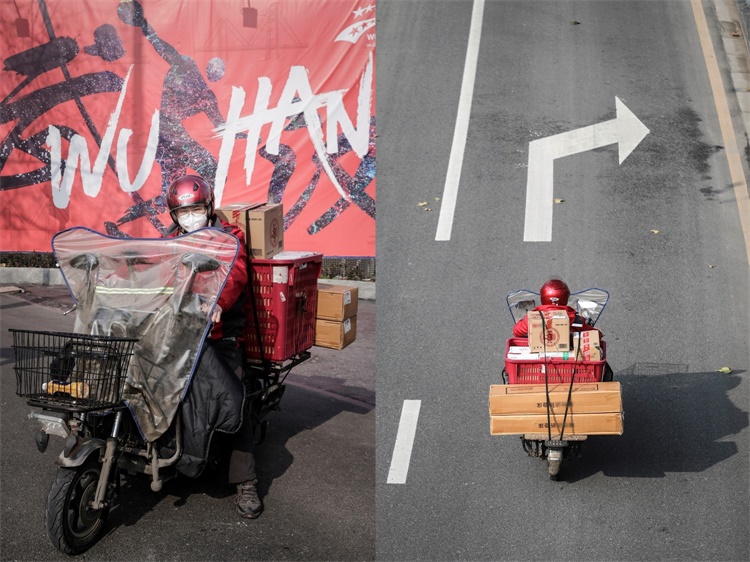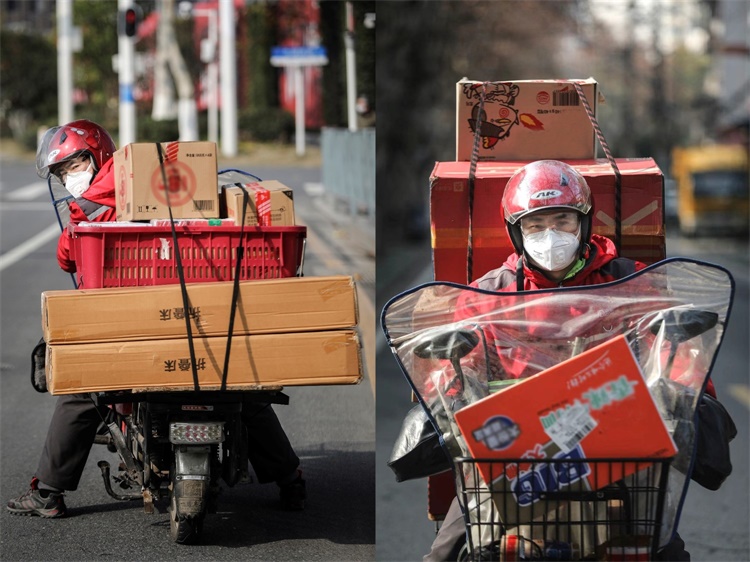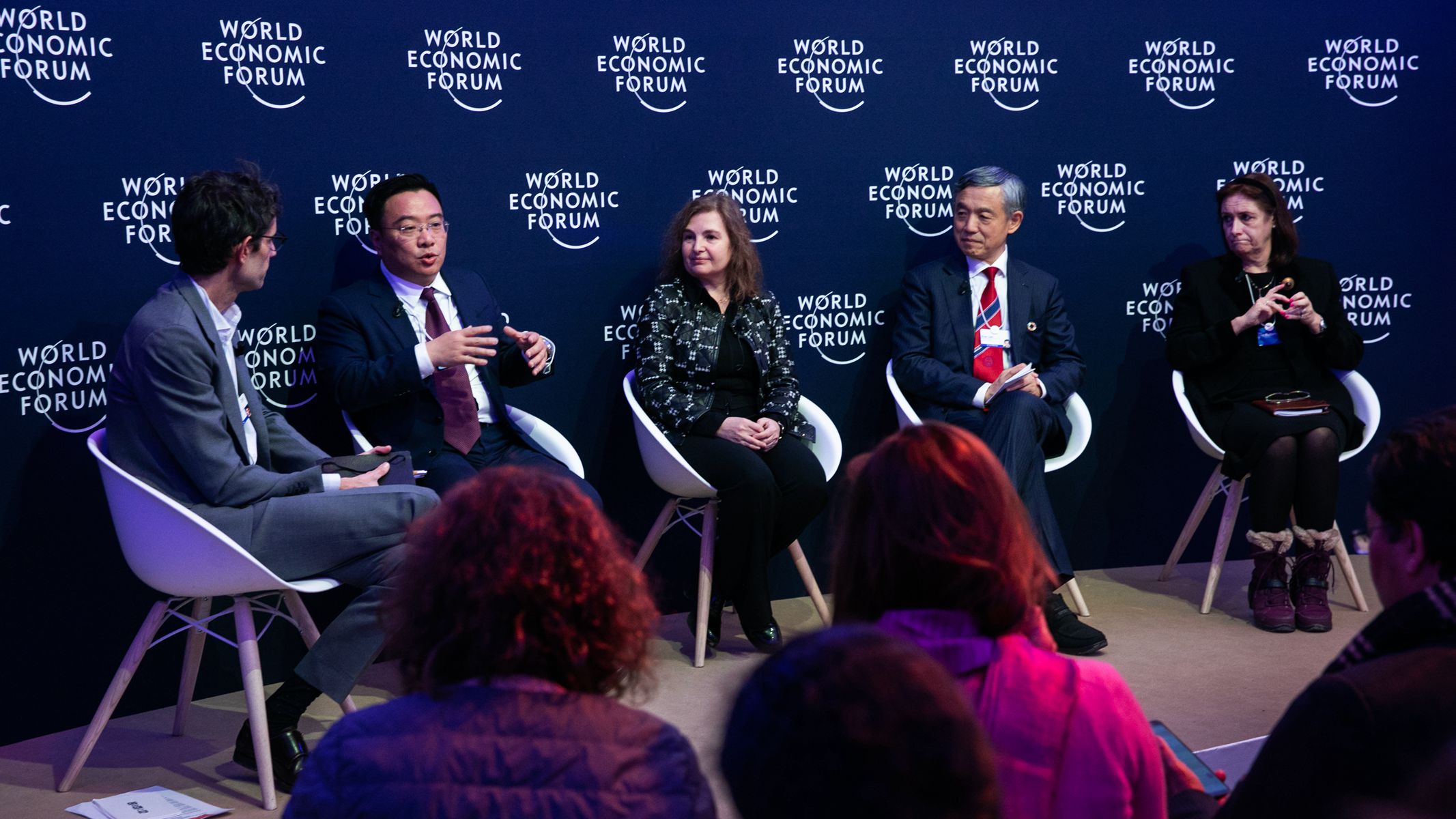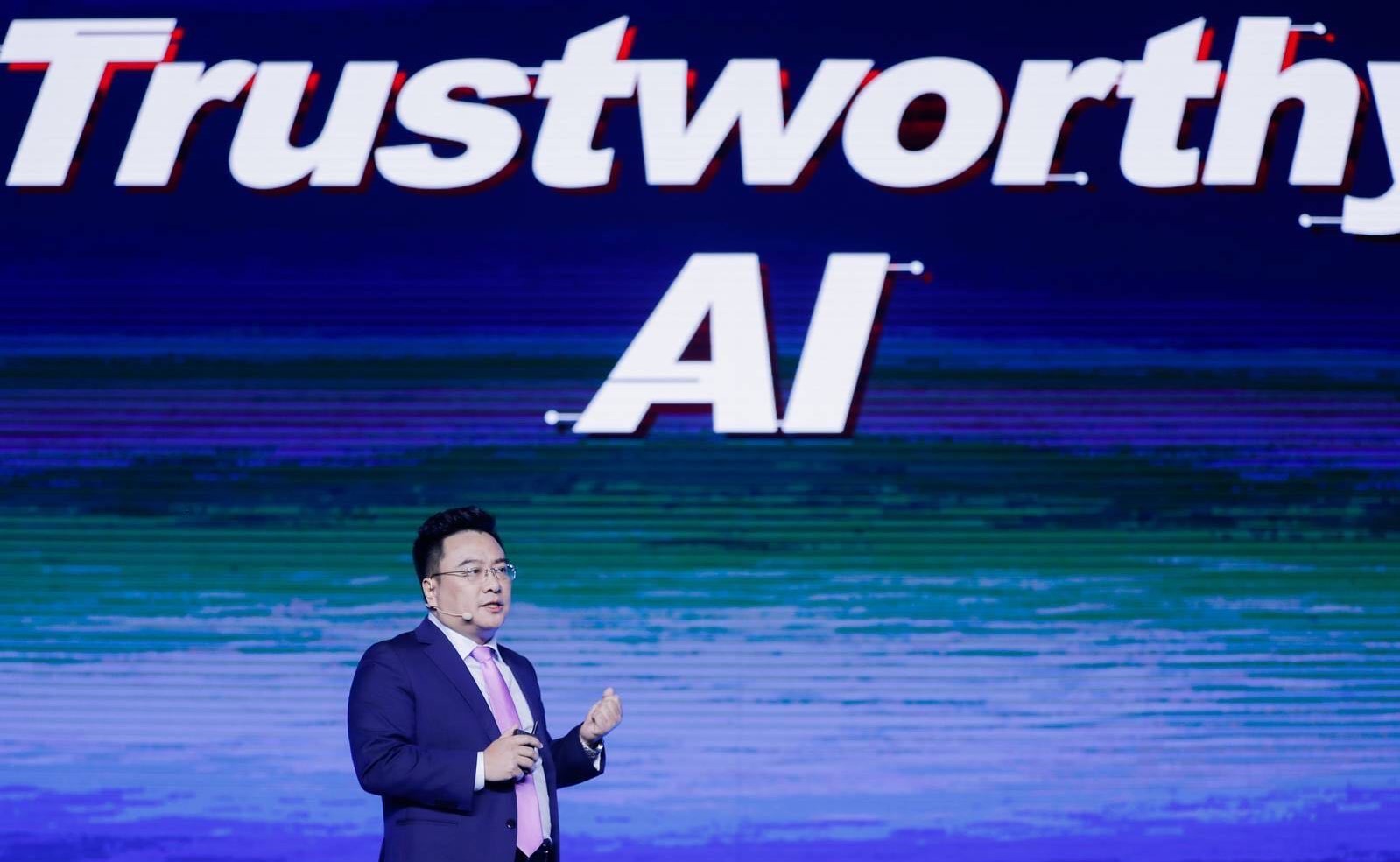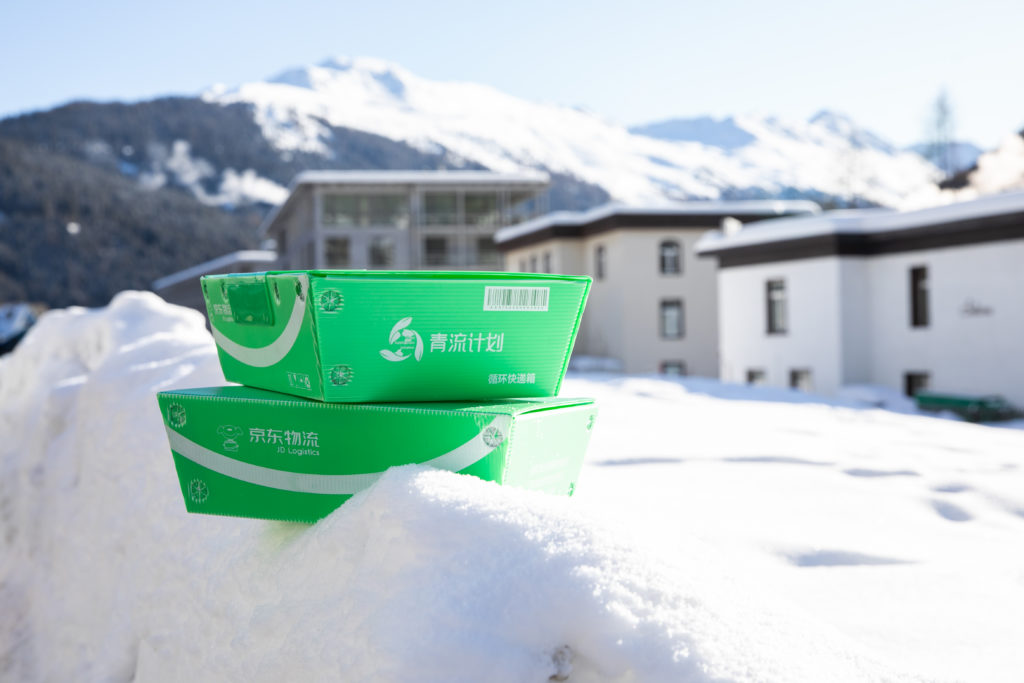By Dr. Bowen Zhou, President of JD Cloud & AI, Chair of JD Technology Committee, IEEE Fellow
Artificial intelligence (AI) has gained widespread attention in recent years. AI is viewed as a strategic technology to lead us into the future. Yet, when interacting with academics, industry leaders and policy makers alike, I have also observed some growing concerns around the uncertainty of this technology.
In my observation, these concerns can be categorized into three perspectives:
1) Many people lack full understanding of AI, and therefore are more likely to view AI as a nebulous cloud instead of a powerful driving force that can create a lot of value for society. 2) Some companies or individuals worry that they will fall behind as AI becomes more prevalent. 3) As often is the case with new technology, AI is increasingly in use despite policy and regulation not keeping pace.
It is understandable that people might have these concerns at this moment in time. We need to face these concerns. As long as we do, I believe we don’t need to panic about AI, and that society will benefit from embracing it. I propose we address these concerns as follows:
- We should democratize AI:
Instead of writing AI off as too complicated for the average person to understand, we should seek to make AI accessible to everyone in society. It shouldn’t just be the scientists and engineers who understand it. Through adequate education, communication and collaboration, people will understand the potential value that AI can create for the community.
- In AI no one will be “left behind”
What I mean by this is two-fold: 1) We should democratize AI, meaning that the technology should belong to and benefit all of society, and 2) We should be realistic about where we are in AI development. We have made a lot of progress in AI. But if we think of AI as a vast ocean, we are still only walking on the beach. Most of the achievements we have made are in fact only based on having a huge amount of (labeled) data, rather on AI’s ability to be intelligent on its own. Learning in a more natural way, including unsupervised or transfer learning, is still in nascent stages, and we are a long way off from reaching AI supremacy. From this point of view, society has only just started the long AI journey, and we are all pretty much starting from the same page. To achieve the next AI breakthroughs, we need the global community to participate, and to engage in open collaboration and dialogue.
- We should take an agile approach to the governance of AI
We can benefit from AI innovation while we are figuring out how to regulate the technology. Let me give you an example: Ford Motor produced the Model T car in 1908, but it was actually not until over 60 years later that the U.S. issued formal regulations on the use of seatbelts. This delay, did not prevent people from benefitting significantly from this form transportation. At the same time, however, we need regulations so that society can reap sustainable benefits from new technology like AI. And, when it comes to these regulations, we need to work together as a global community to establish and implement them.
By addressing the aforementioned concerns people may have regarding AI, I believe that Trustworthy AI will provide great benefits to society. There is actually already consensus in the international community about the six dimensions of “Trustworthy AI”: Fairness, Accountability, Value Alignment, Robustness, Reproducibility and Explainability. While Fairness, Accountability and Value Alignment embody our social responsibility, Robustness, Reproducibility and Explainability pose massive technical challenges to us. These are the technologies we need, and these are core focuses of our research. As a technology and service company, JD is fully embracing Trustworthy AI. JD’s AI research is driven by real scenarios that focuses the robustness and reproducibility of AI; for example, our research in smart dialog systems for customer service stresses the importance of fairness and value alignment; at the same time, in our customer-centered approach, our research in Visual IoT is enabling AI to be explainable and accountable.
Trustworthy AI innovation is a marathon, not a sprint. But if we are willing to stay the course, and if we embrace AI innovation and regulation with an open, inclusive, principle-based and collaborative attitude, the value AI can create can far exceed our expectations. After all, I believe that the next generation of the intelligence economy will be forged in trust, and differentiated by perspective.

